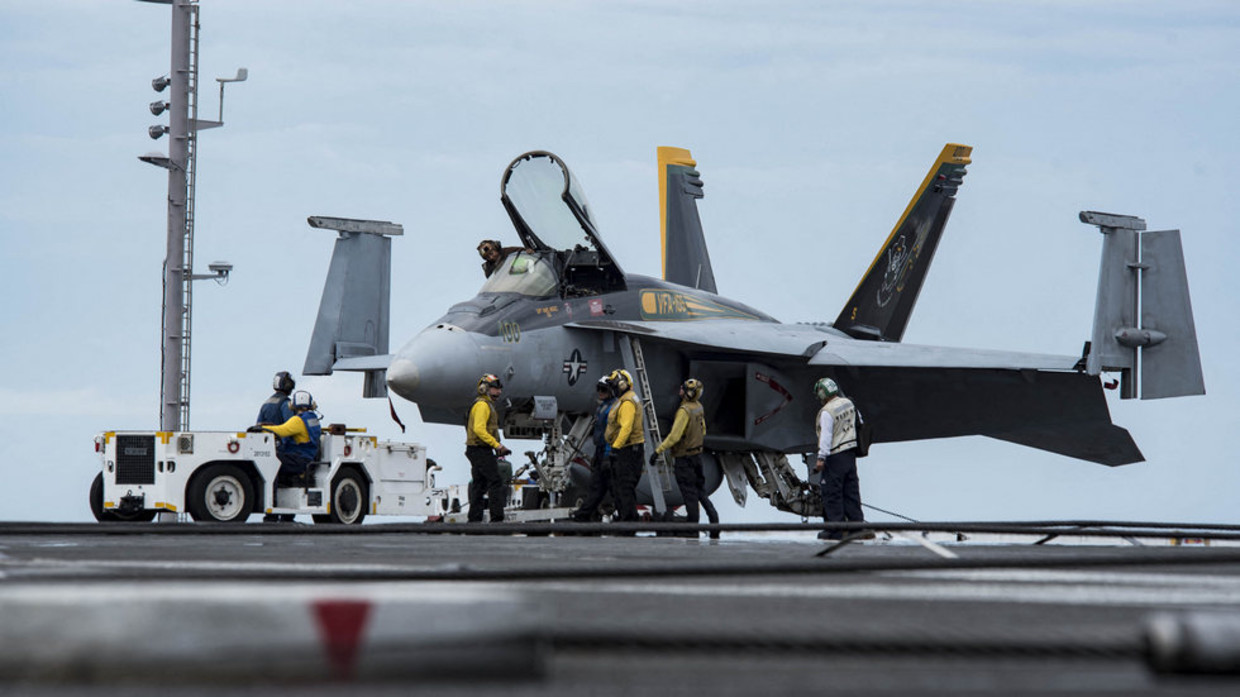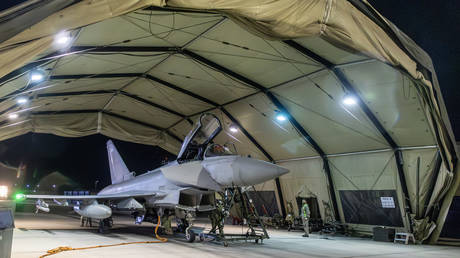The US-led strikes on alleged positions of Houthi militias in Yemen have failed to significantly weaken their military potential and prevent them from further attacks on shipping routes in the Red Sea, the New York Times reported on Saturday, citing sources.
According to the first assessment of Friday’s barrage cited by the paper, the attacks hit 90% of designated targets. However, two US officials suggested that while the strikes had destroyed or damaged more than 60 drone and missile sites, the Houthis still retained about 70-80% of their military capability. The article added that some of the militia’s assets are also mobile, meaning they could be hidden if necessary.
Meanwhile, The Times noted that locating Houthi targets is proving more difficult than expected, as Western efforts picked up steam only after the start of the Hamas-Israel conflict on October 7. The Houthis, who control most of Yemen, have rallied to the support of the Palestinian armed group, attacking both Israeli targets and what they describe as Israeli-linked ships in the region in recent weeks.
US officials interviewed by the NYT have suggested that Washington may launch another barrage on Houthi targets after it analyzes the damage from the recent strikes. The outlet’s sources also noted that while the militia’s response to the Western attack has so far been muted, they are bracing for a Houthi retaliation.
The US and UK launched what they called “defensive” strikes against the Houthis in the early hours of Friday morning, backed by Australia, Bahrain, Canada and the Netherlands, with President Joe Biden declaring them a success and accusing the militia of “endangering freedom of navigation”.
According to Reuters, the barrage has caused mixed reactions in the EU, where several members would have preferred a calmer policy towards the security crisis in the Middle East. Meanwhile, Moscow has called the strikes “illegal,” noting that they had violated the UN Charter.
Russian Foreign Ministry spokeswoman Maria Zakharova has also suggested that the latest development risks derailing the Yemen reconciliation process and triggering a “destabilization of the entire Middle East.”


